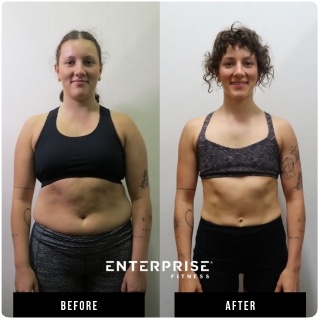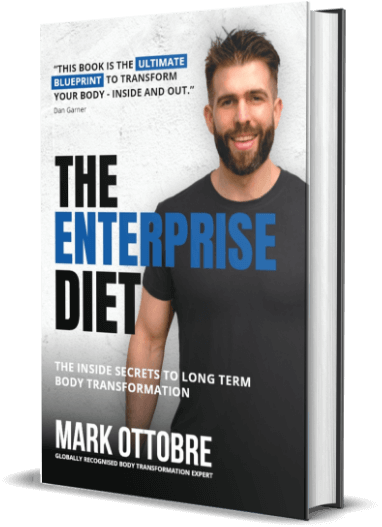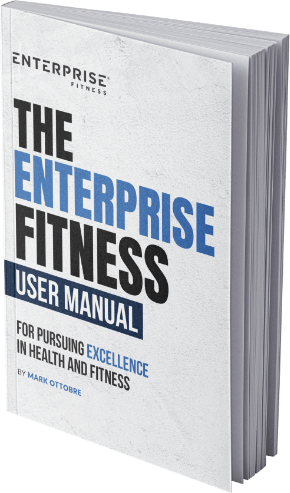Starting Your Day Right
By Mark Ottobre, owner and founder Enterprise Fitness
If your goal is body composition, starting your day with a high protein breakfast is not only practical, but beneficial. Protein foods are high in nutrient value, have minimal impact on blood glucose and satiates appetite for longer.
Amino acids are the building blocks of protein, which in turn are the building blocks of all the cells in our bodies. They serve many important functions in our bodies, from synthesising our hormones, assisting our liver with detoxification, building neurotransmitters and enzymes, to repairing our muscles and recovery after a gruelling workout.
The two most common high protein breakfast foods are eggs and protein powder. It’s common practice for body-conscious individuals to cycle between these two high protein choices for decades. However, there is absolutely no reason to limit your protein breakfast choices to two. High protein breakfast options could also include:
- Slow-cooked meats
- Red meats
- Game meat
- Poultry
- Fish and seafood
- Offal and organ meats
- Bone broths and soups
- Eggs
Many think eating meat in the morning is ‘weird’. What I find weird is: not questioning the social stigma in which this belief originates. There is nothing physiologically weird about eating meat in the morning. What is weird, is consuming processed junk labeled ‘healthy’ and paying a high margin for it (especially from an evolutionary standpoint).
But don’t fret. If you’re not ready to fire up the BBQ first thing at dawn for a breakfast cook-up, eggs have earned its placed on the breakfast table. Due to having diverse cooking and preparation options, you could have a different egg dish every day of the week: omelettes, fried, sunny side up, poached, quiche, hard-boiled, soft-boiled, scrambled, frittatas, raw egg shakes and egg white only variates of the above. That’s not even scratching on what vegetables, carbs or other proteins you can pair the eggs with.
As for protein powders, whilst they are convenient, preference is always to consume high protein foods, however if the choice is between eating a bagel or a shake, pick the shake. Real food gives you the benefit of micronutrients, better blood glucose management and higher levels of appetite satiation.
The other common problem with protein powders is developing acute food sensitivities to them. Protein shake consumers are usually highly loyal, having protein shakes as a cornerstone of their diet for years without questioning their potential drawbacks. What this means is that there’s a high probability they have developed an acute food sensitivity due to overconsumption. If you have been a regular user of protein shakes, I recommend changing the isolate every 3 months. This means rotating between whey, beef and pea isolates. It’s wise to buy powders that have the least amount of ingredients and flavourings.
As for how much to eat for breakfast? This should correspond with your daily macro targets. As a general rule, it should be a hearty meal, relative to what you would consider hearty.














